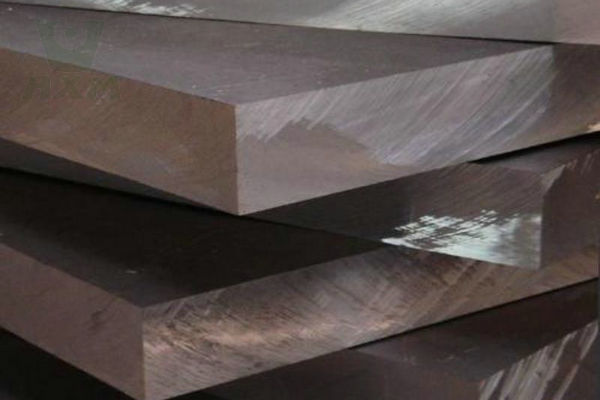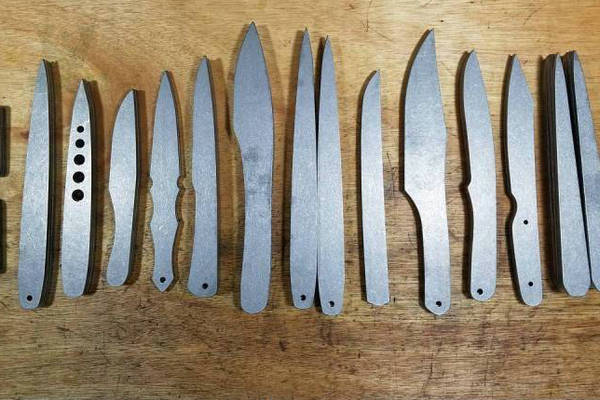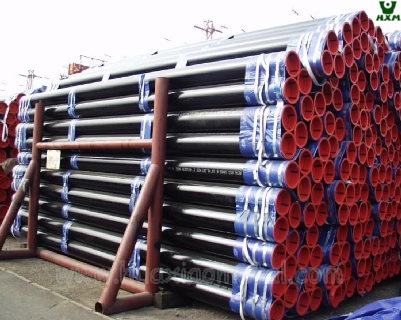Inconel vs Titanium is widely regarded as high-specification metal materials with superior performance in industrial applications. Whether used in aerospace, medical devices, or chemical equipment, they can perform well under extreme conditions. So, how to choose these two metals according to specific needs?
If you are looking for suppliers of Inconel and Titanium alloys at this moment and don’t know which material to choose, this article will deeply analyze their definitions, characteristics, differences, and applications to help you make the right choice.

What is Inconel Alloy?
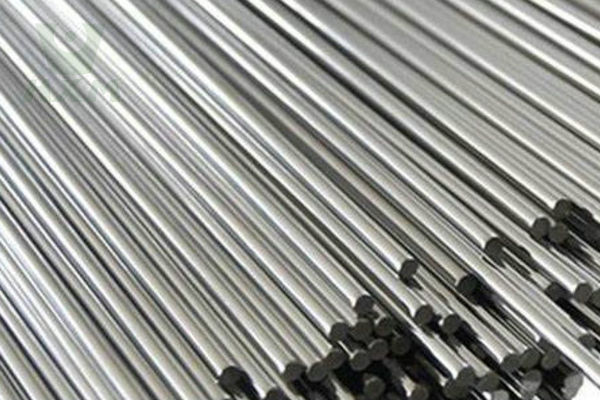
Inconel Alloy
Inconel Alloy Supplier and Manufacturer From China We specialize in providing high-quality Inconel alloys to meet the needs of various industrial applications. Inconel alloy is
Inconel is a nickel-based superalloy known for its excellent high temperature resistance and corrosion resistance. It is widely used in high temperature and highly corrosive environments such as gas turbines, nuclear reactors and heat exchangers.
What is Titanium Alloy?
Titanium is a pure metal or titanium alloy that is lightweight and strong. Pure titanium is often used in the medical industry, while titanium alloys such as Ti-6Al-4V have increased hardness and corrosion resistance through the addition of aluminum and vanadium.
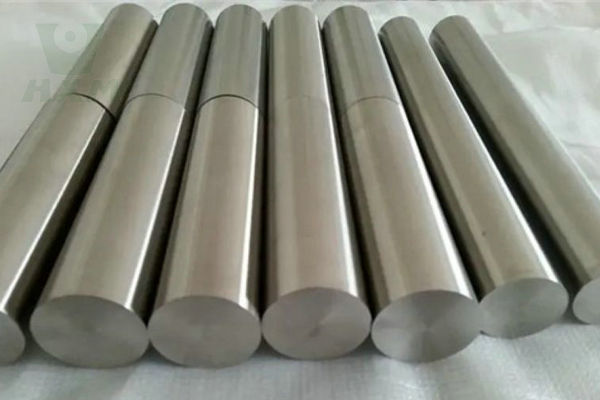
Titanium Alloy
Titanium Alloy Supplier and Manufacturer From China Huaxiao Metal is a China and Asia wide supplier of metal and titanium raw materials to the industrial,
Inconel vs Titanium: What Are Their Differences?
Equivalent Grades and Composition Comparison
| Property | Inconel | Titanium |
|---|---|---|
| Common Grades | Inconel 625, Inconel 718 | Ti Grade 2, Ti-6Al-4V (Grade 5) |
| Main Composition | Nickel (50%-70%), Chromium, Molybdenum, Iron | Titanium (99%+), Titanium-Aluminum-Vanadium alloy |
| Density | 8.5 g/cm³ | 4.5 g/cm³ |
Mechanical Properties Comparison
| Property | Inconel | Titanium |
|---|---|---|
| Tensile Strength | Up to 1034 MPa | Up to 1000 MPa |
| Yield Strength | 414 MPa | 827 MPa |
| High-Temperature Performance | Up to 1000°C | Maximum 600°C |
| Strength-to-Weight Ratio | Lower | Very high |
Corrosion Resistance and Environmental Adaptability
| Property | Inconel | Titanium |
|---|---|---|
| Oxidation Resistance | Excellent (high temperature, chlorinated environments) | Excellent (especially in marine and biological environments) |
| Acid Resistance | Strong, suitable for acidic industrial environments | Relatively weak, susceptible to acid corrosion |
Weight and Density Comparison
Titanium has half the density of Inconel, making it more advantageous in weight-sensitive applications:
| Metal | Density (g/cm³) | Typical Applications |
|---|---|---|
| Inconel | 8.5 | High-temperature turbine components |
| Titanium | 4.5 | Aircraft structures, medical implants |
Machining and Cost Analysis: Inconel vs Titanium
| Property | Inconel | Titanium |
|---|---|---|
| Machining Difficulty | High, requires specialized tools | Easier, but prone to machining cracks |
| Cost | Higher | Lower |
Welding Performance
- Inconel: Good weldability, suitable for high-temperature equipment parts.
- Titanium: Strong weldability, but requires an inert gas environment to avoid oxidation.
Application Areas: Inconel vs Titanium
| Application Area | Inconel | Titanium |
|---|---|---|
| Aerospace | Turbine blades, exhaust systems | Aircraft fuselage, landing gear components |
| Chemical Industry | Heat exchangers in corrosive environments, high-temperature pipes | Corrosion-resistant storage tanks, low-temperature pipes |
| Medical | Not commonly used | Bone implants, dental restoration materials |
| Marine Applications | Deep-sea equipment | Hull components, submarine hulls |
Inconel vs Titanium: Which One to Choose?
Choose Inconel:
- High-temperature environments (>600°C), such as gas turbines, and chemical equipment.
- Strong corrosive media environment, such as chlorine, acidic gas, etc.
Choose Titanium:
- Weight-sensitive scenarios, such as aerospace or automotive parts.
- Applications that emphasize biocompatibility or marine corrosion resistance.
If your project involves extremely high temperature or strong acid environment, choose Inconel; if you need to reduce weight or improve corrosion resistance, choose Titanium. If necessary, you can consult Huaxiao Metal for professional advice and quotation.
In Conclusion:
Inconel and titanium alloys differ in several key ways. Inconel is a high-temperature, nickel-based superalloy that is well suited for extreme heat and high-stress environments. Titanium, on the other hand, is a lightweight, corrosion-resistant metal with an excellent strength-to-weight ratio, making it ideal for aerospace and medical applications.
Inconel excels in high-temperature and corrosive environments, while titanium is better suited for weight-sensitive applications due to its lower density. Both materials offer unique advantages depending on application requirements, such as weldability, strength, and corrosion resistance.


